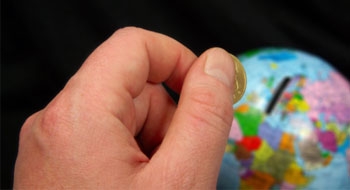
As the markets become more convinced that China will manage an economic soft-landing, fund managers have turned positive on resurgent China equities.

The relevance of the original G7 is fading fast. Not only is China now the world’s second largest economy, but Brazil has reached sixth place in the world.
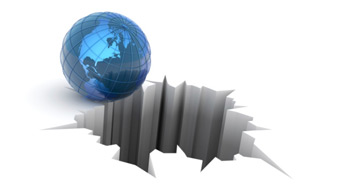
Experts are calling the recent tumbling of commodity prices and resource-related equities an overreaction to China’s lowered growth forecast.
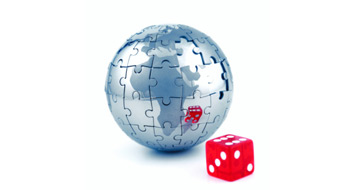
Investors tiring of equity volatility can take heart; the markets will stabilize in the second half of this year, marking the beginning of a “modest” recovery, according to a white paper released by Credit Suisse.

How can institutional investors make sense of the structural shifts in the global economy? Eric Lascelles, RBC Global Asset Management’s chief economist, gave pension plan trustees an overview of the shifts—both short and long term—at the Phillips, Hager & North Trustee Education Seminar 2012 last week at the Fairmont Royal York in Toronto.

Thirteen years after the advent of the European common currency, the Eurozone has seen its first credit default by a member. The long-term and short-term debt of Greece was downgraded to “selective default” by Standard & Poor’s Ratings Services yesterday.
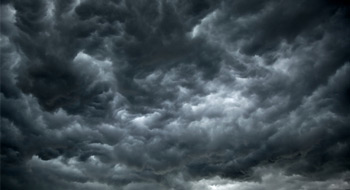
It’s an oft-quoted curse: May you live in interesting times. While the Canadian equity market seems far from cursed lately, it is going through “interesting times”—and the curse could be just around the corner.
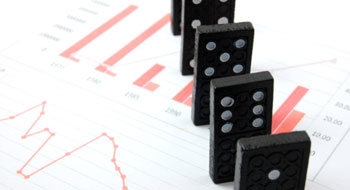
Investor confidence declined in February, according to State Street Global Markets.
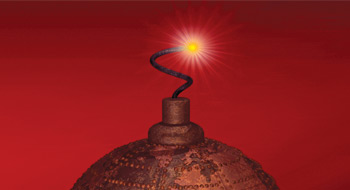
The world is facing a period of heightened geopolitical risk. Traditionally, we think of this as the risk of sudden, unpredictable events: coups, riots or revolutions—the political equivalents of earthquakes.

Last year was a difficult one for equity investors, with many markets delivering negative returns. But experts are expecting an improvement in 2012.